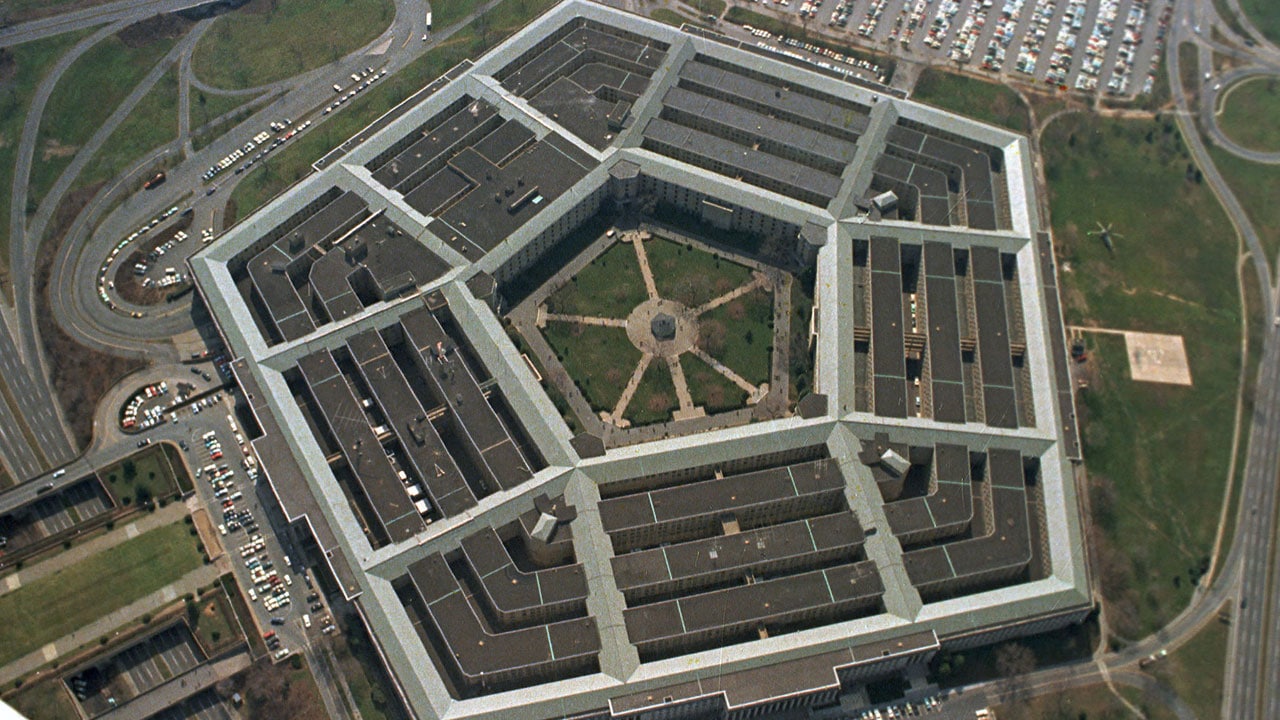Technology continues to rise at a surprising pace. Sometimes, just too surprising. If you don’t take our word for it just ask the Pentagon, as they’ve announced that they’re researching with Artificial Intelligence (AI) to ‘predict‘ events of the future.
This initiative was developed by the U.S. Army and deemed it Global Information Dominance Experiments (GIDE). According to their statements, their goal is to develop an algorithm that could prevent and alert the Pentagon on potential future threats.
GIDE: Helping The Pentagon Predict The Future

The premise behind GIDE is rather simple. They want to create a processor that can learn and analyze data from all over the world in real-time. Based on cloud computing, it will be able to gather huge amounts of data.
Simply put, that’s how GIDE will analyze data from satellite pictures and footage, intel reports, radars, among many others. It will be operated within the Pentagon headquarters and broadcast information to diverse military and official agencies before making a decision.
How Will The Pentagon Use AI In The Future?

Needless to say, using AI and tools like GIDE set a big precedent. Therefore, Army general Glen D. VanHerck wanted to be as clear as possible when discussing the matter and its applications for the future:
“GIDE, the Global Information Dominance Experiments, embodies a fundamental change in how we use information and data to increase decision space for leaders from the tactical level to the strategic level – not only military leaders but [it] also gives an opportunity for our civilian leaders,” VanHerck explained in a statement.
Is GIDE Live Yet?

For obvious reasons, officers from the Pentagon haven’t exactly given a lot of details regarding GIDE and how it will predict the future. But at least, they gave us some clarity regarding the current state of the experiments.
Apparently, AI has successfully passed its third test. Subsequently, they will conduct more experiments in the near future to continue proving how efficient it is.
GIDE works with probability models based on observation, logic, and the continuous gathering of information updated in real time. Therefore, the program will only make its predictions based on deduction, which is the same method intelligence agencies use, albeit way faster.














